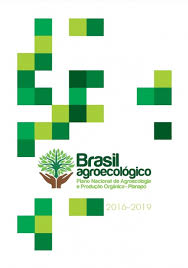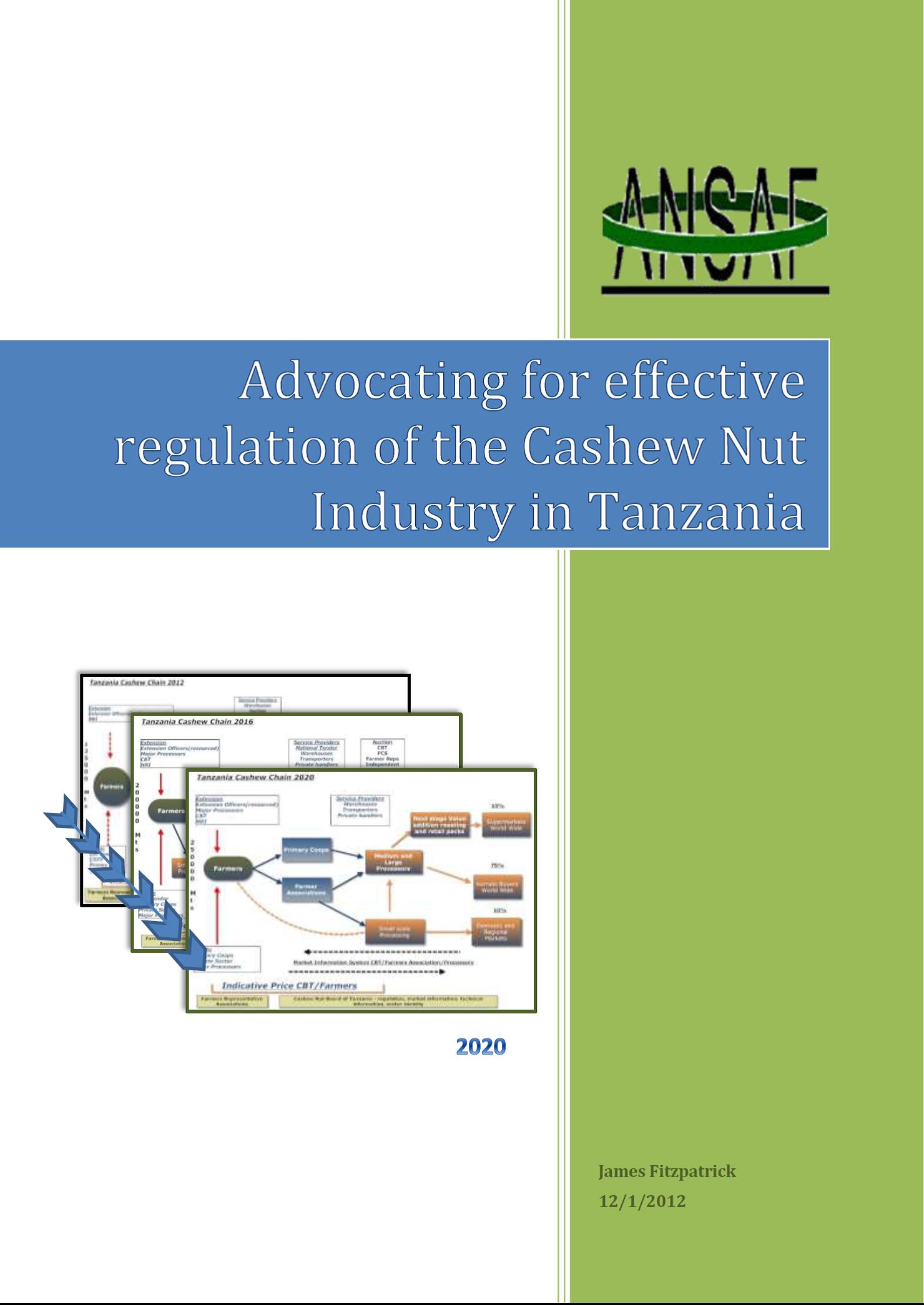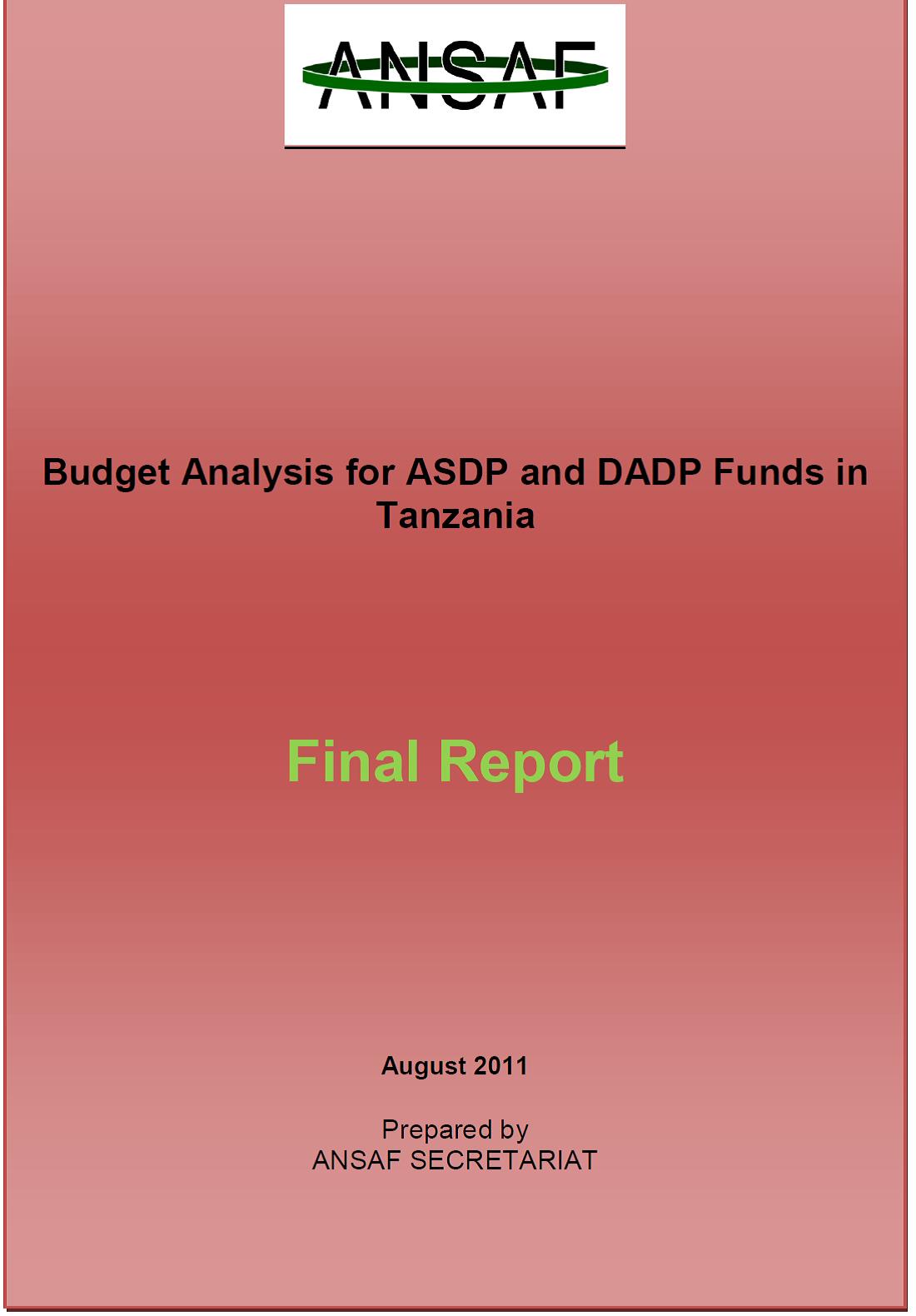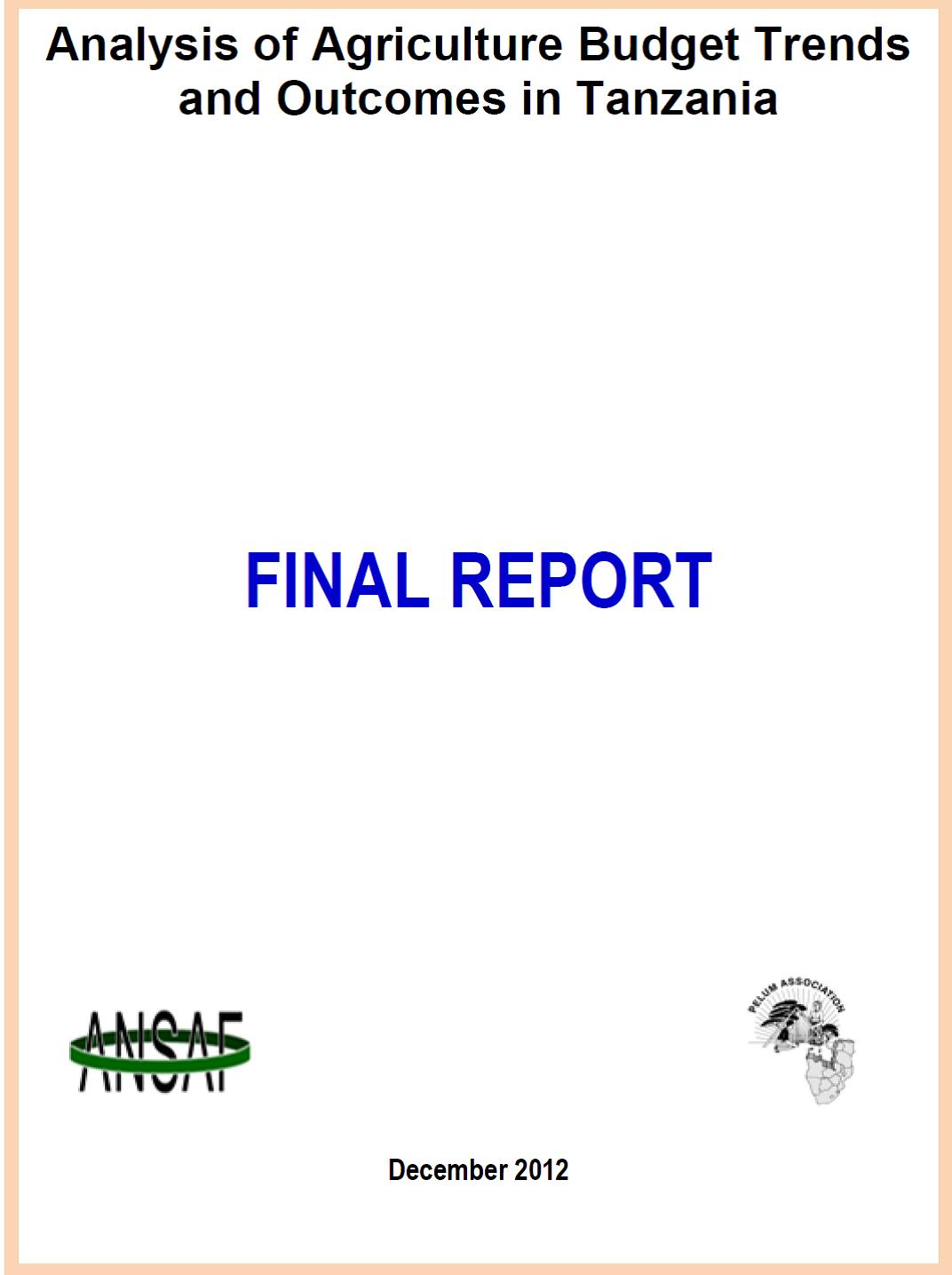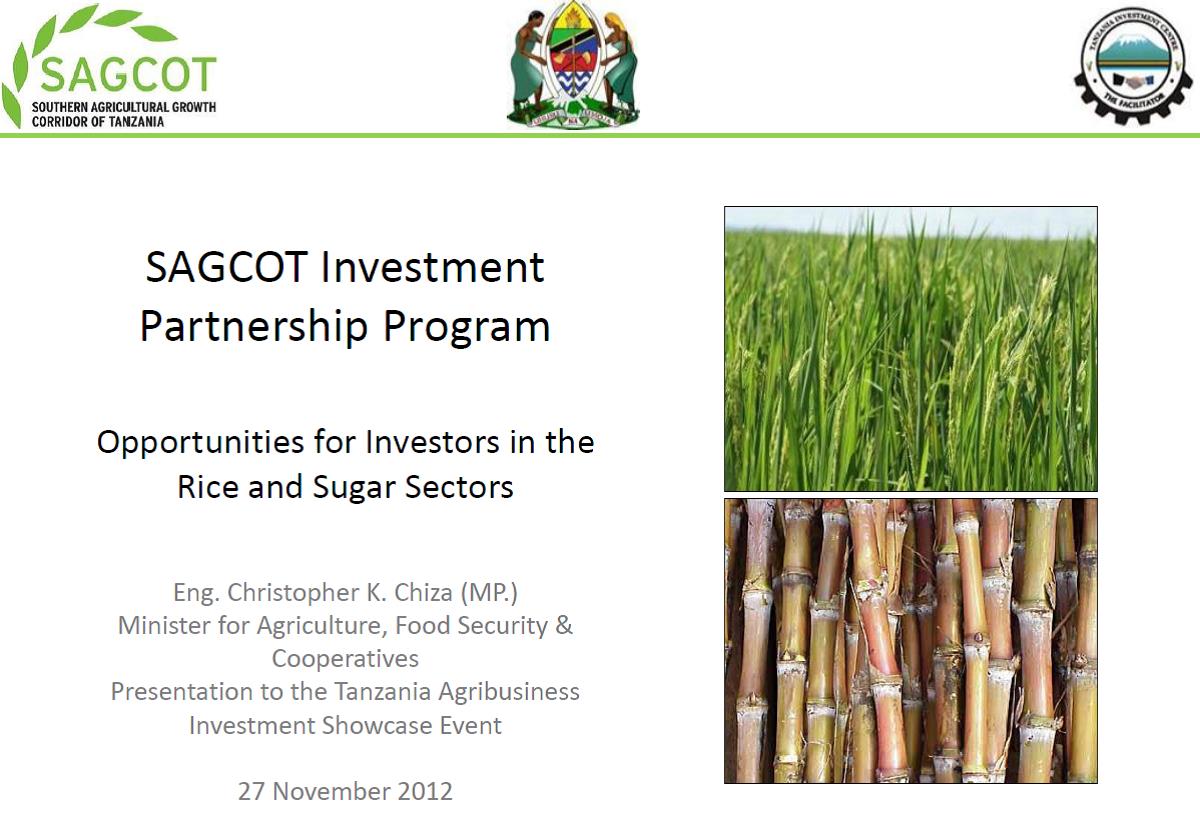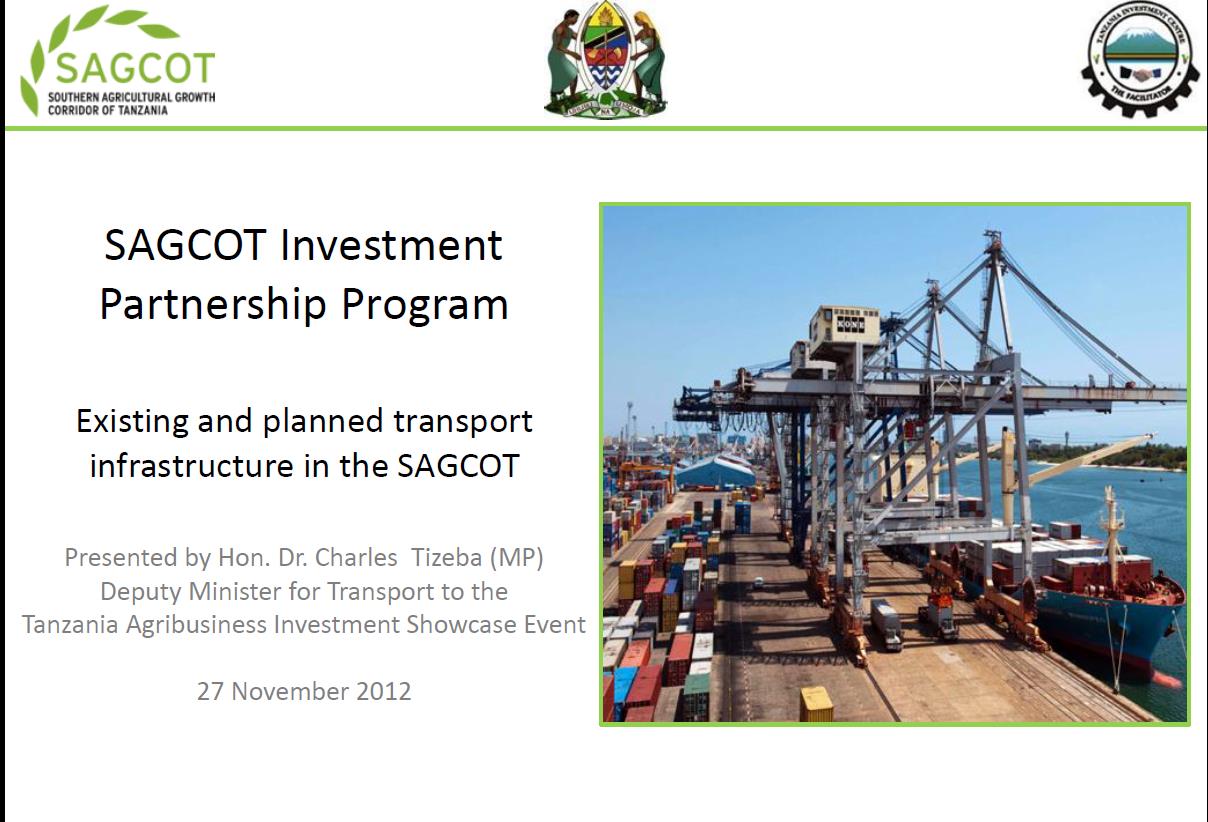A Lei de Terras, de Minas e Sistemas de Direitos Consuetudinários
O presente trabalho é assente no cruzamento e análise dos conteúdos da legislação de terras1 , de minas e do reconhecimento pelo Estado das Autoridades Locais, em Moçambique. Será ainda baseado na análise da literatura e estudos realizados relacionados com estas áreas. Ao longo da presente abordagem far‐se‐á uma análise do regime jurídico relativo à descentralização administrativa, desenvolvimento comunitário e participação das comunidades locais.



